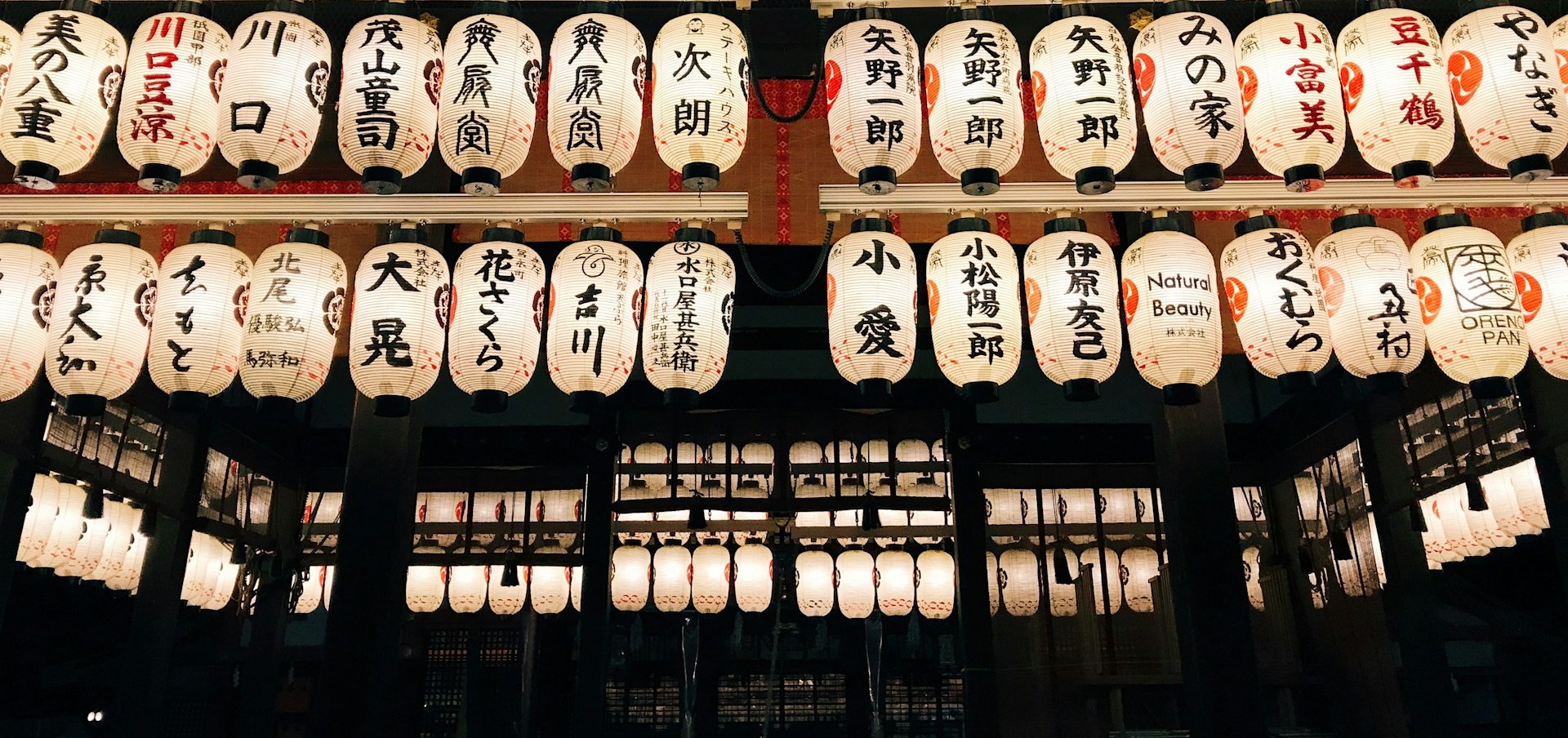
Photo by Fred Rivett on Unsplash
The Obon Festival (or Bon Festival) is one of Japan’s most significant and beautiful traditions — a time when families honour their ancestors through dance, lanterns, and homecomings. Held each August, the festival transforms towns and cities across Japan into glowing, rhythmic celebrations filled with meaning.
Whether you’re heading to a major city like Kyoto or Tokyo, or visiting rural areas to experience Obon more intimately, it’s important to prepare for the summer heat, food changes, and travel health needs.
Here’s how to stay healthy and enjoy your Obon journey to the fullest.
Know The Risks Before You Go
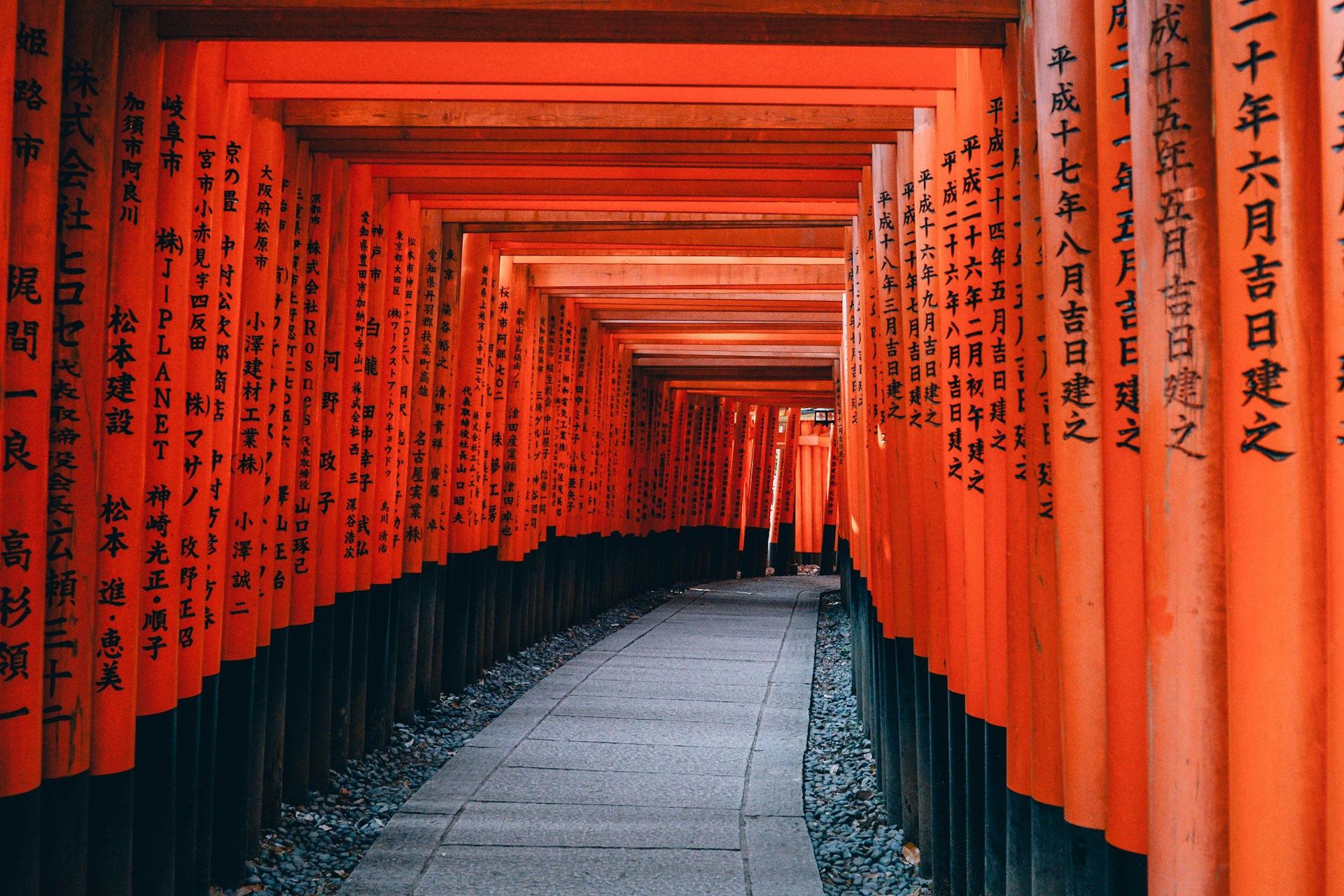
Recommended Vaccines
Although Japan has high public health standards, travel health precautions are still advisable, especially for summer travel and those visiting rural areas.
- Routine childhood vaccines – Ensure MMR (measles-mumps-rubella), diphtheria, polio, and tetanus are up to date
- Hepatitis A – Foodborne risk still exists, especially with local or homemade festival food
- Japanese Encephalitis – Consider this vaccine if travelling to rural areas or spending extended time outdoors in the countryside during the summer
💡 Tip: Book an appointment for a vaccination consultation at least 4–6 weeks in advance to ensure full protection.
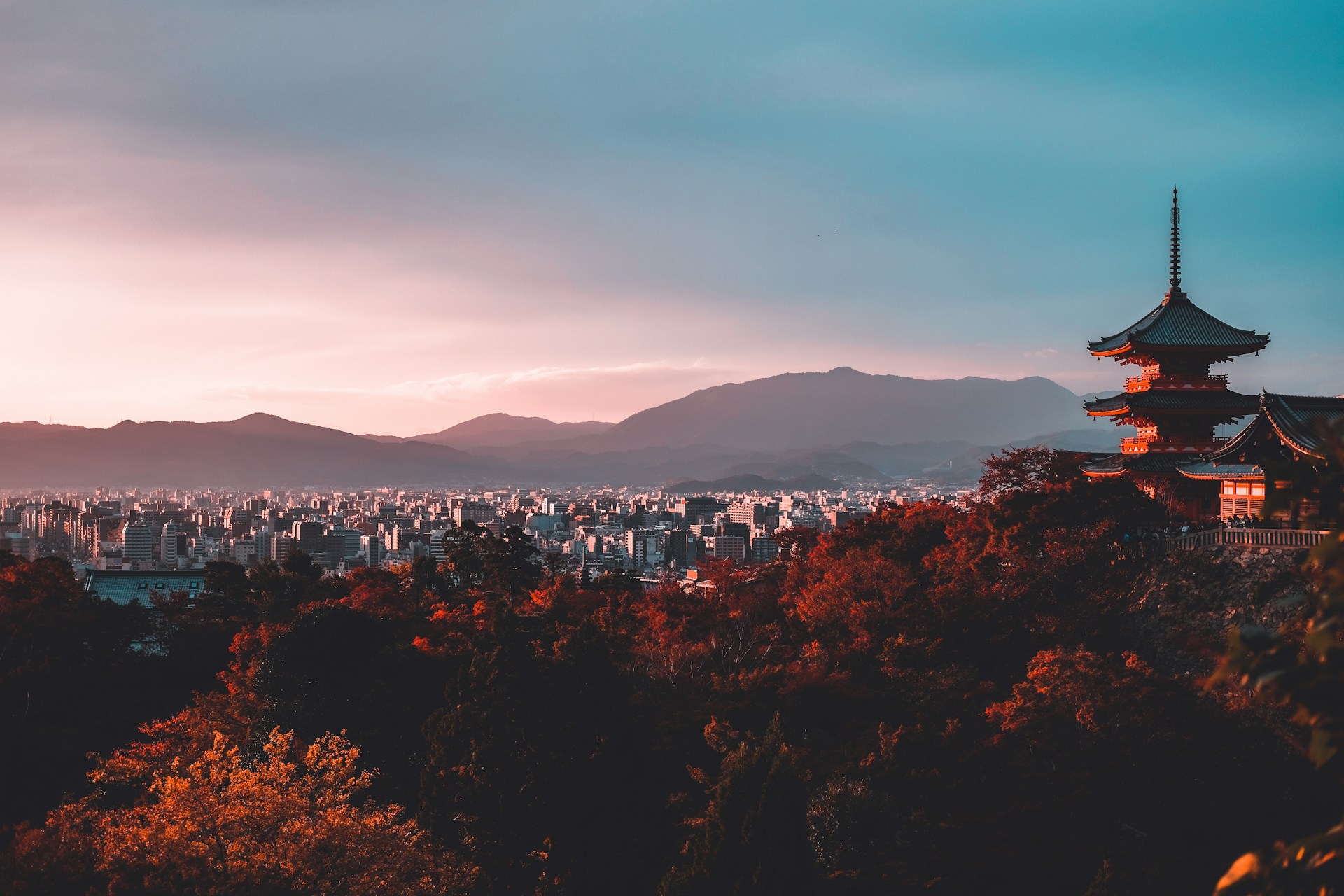
Summer Weather & Heat Risks
Obon occurs in Japan’s peak summer, with temperatures in major cities often reaching 30–35°C and high humidity.
To avoid heat-related illness:
- Stay hydrated — carry water and electrolyte sachets
- Take breaks in the shade or air-conditioned spaces
- Use SPF 30+ sunscreen and wear a wide-brimmed hat
- Choose light, breathable clothing (many locals wear yukata, a light cotton kimono)
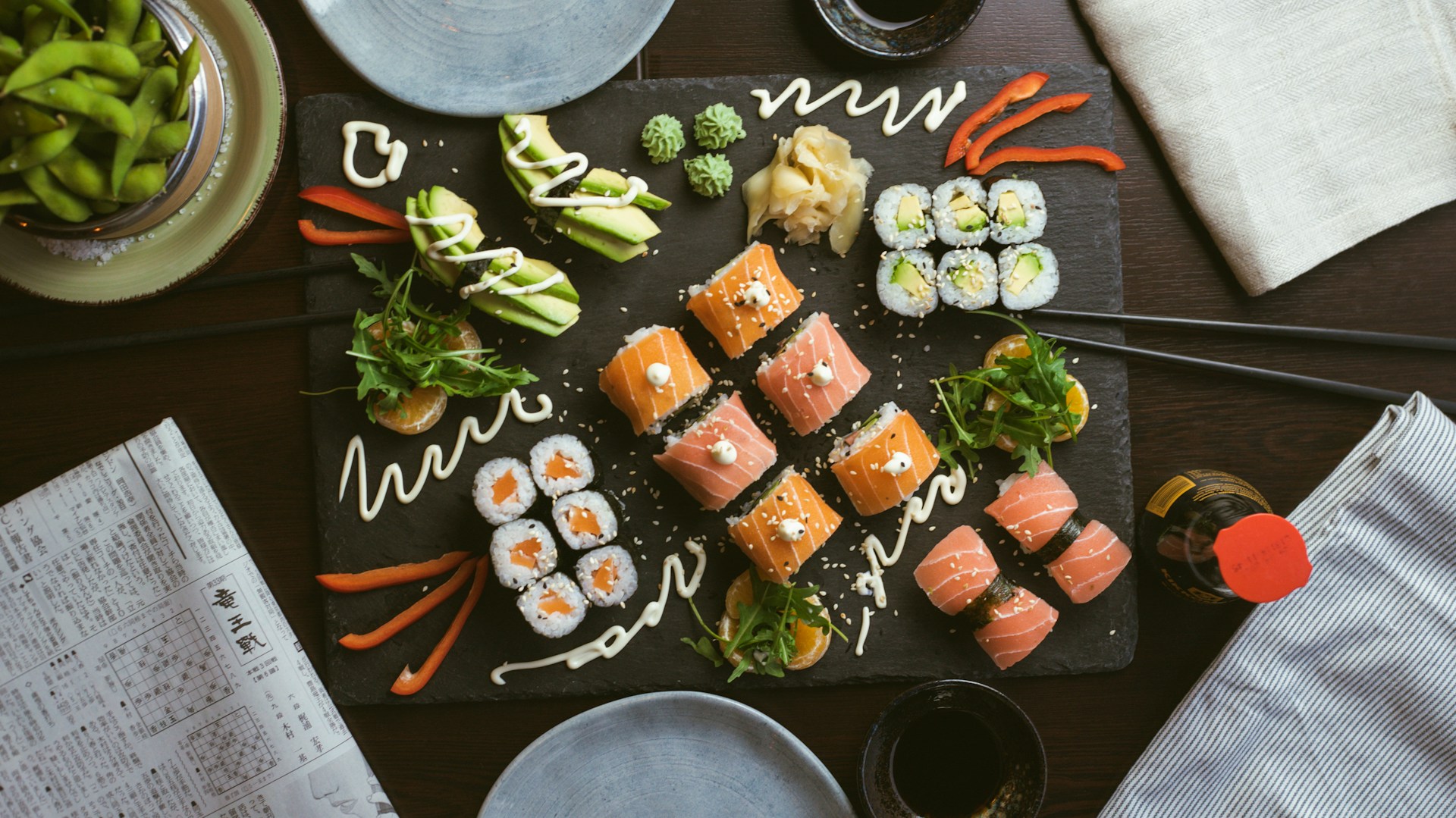
Food & Water Safety
Festival food stalls (yatai) are a highlight of Obon, offering treats like takoyaki (octopus balls), yakisoba noodles, and kakigori (shaved ice). While generally safe:
- Choose stalls that are busy and serve freshly cooked food
- Avoid raw or undercooked meats and seafood if you have a sensitive stomach
- Drink bottled or purified water if staying in more remote areas
- Wash or sanitise hands before eating
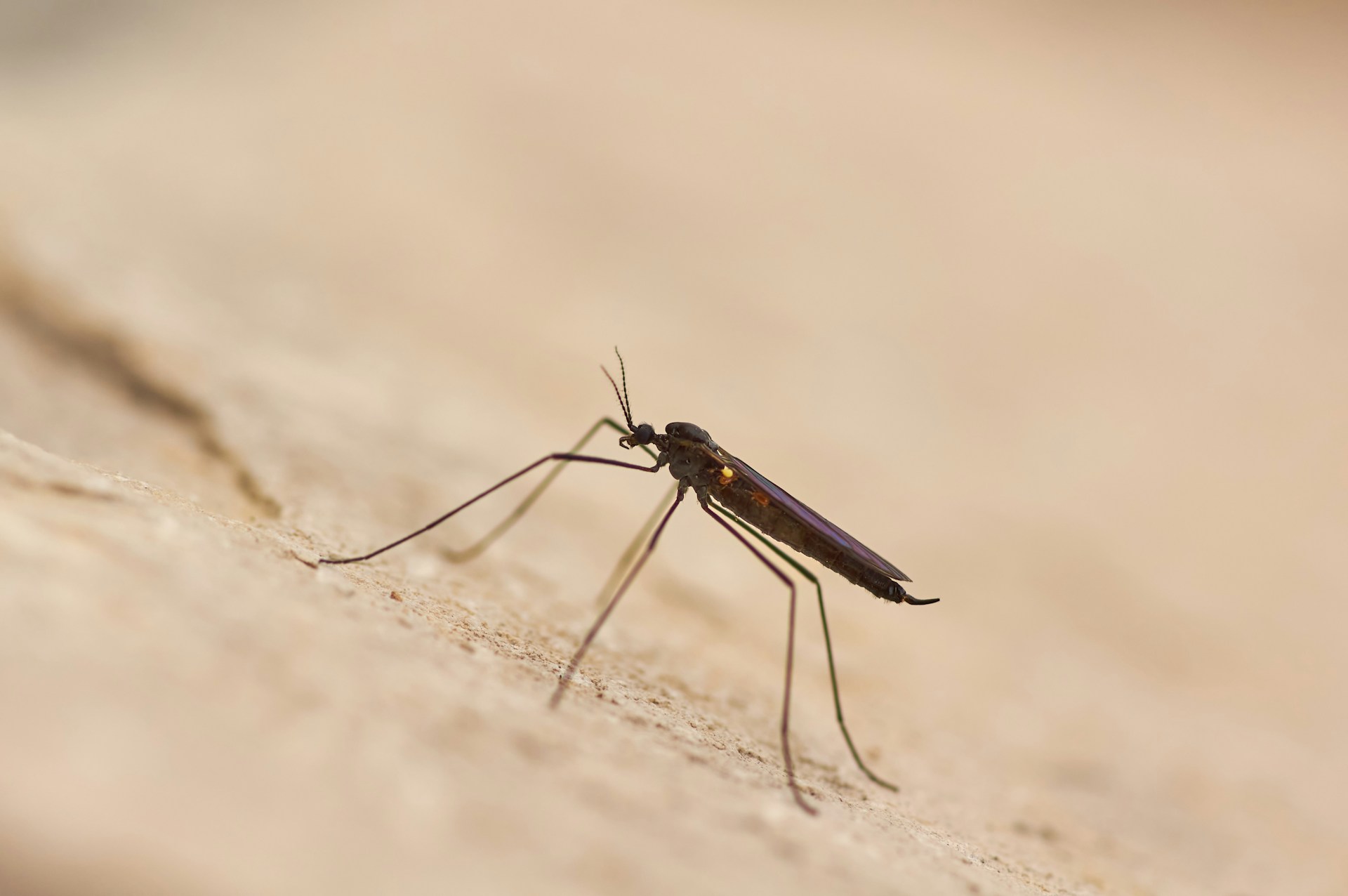
Mosquito-Borne Illnesses
While malaria is not present in Japan, Japanese encephalitis is a mosquito-borne illness that occurs in rural areas during summer.
Protect yourself by:
- Using repellent with DEET or Picaridin
- Wearing long sleeves and trousers in the evenings
- Sleeping in screened rooms or air-conditioned hotels

Travel & Transport Tips
Obon is one of Japan’s busiest travel seasons. Trains, flights, and hotels fill up weeks in advance.
- Book transport and accommodation early
- Consider a JR Rail Pass for cost-effective train travel
- Carry essential medications in your hand luggage
- Use public transport apps (like Navitime or Google Maps) to navigate during crowded times
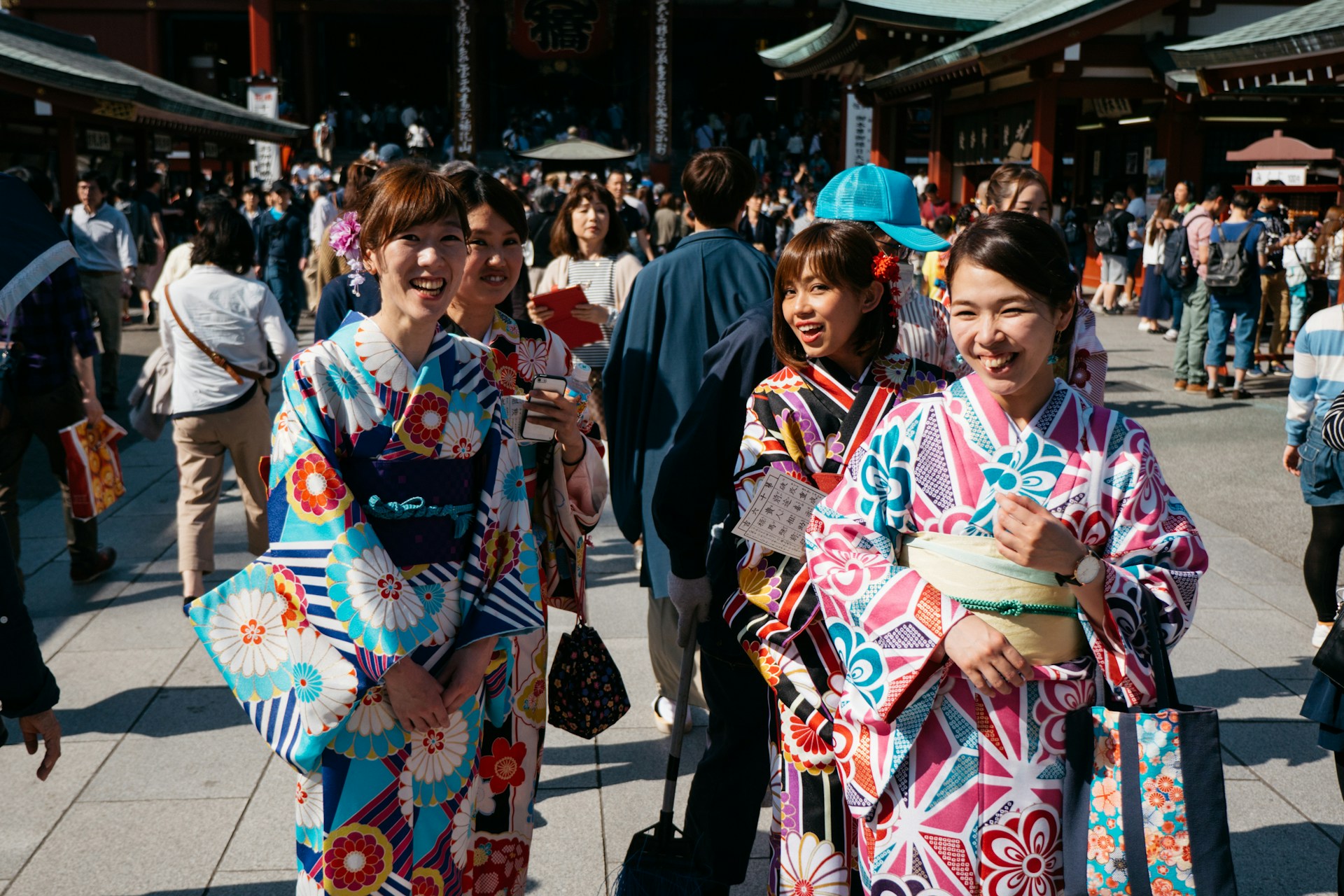
Cultural Etiquette During Obon
Participating respectfully in Obon ceremonies is an important part of the experience:
- Dress modestly for temple visits
- Follow the lead of locals at Bon Odori dances
- Don’t touch or move offerings at household altars
- Learn a few key Japanese phrases – it goes a long way in rural towns
When to Get Vaccinated
Ideally, book your travel vaccines at least 4–6 weeks before your trip. But if you’re travelling soon — don’t worry. We can still help.
At Aqua Travel Clinic in West Hampstead, we offer:
- ✅ Same-day appointments
- ✅ No booking fee
- ✅ Expert travel health advice
- ✅ Convenient late opening hours (open till 7PM)
- ✅ Japanese Encephalitis and Hepatitis A vaccines in stock
Visiting Japan? Get Protected Today
The Obon Festival is a uniquely moving and beautiful experience that draws visitors from all over the world. Whether you’re joining city parades or rural family gatherings, staying healthy means you can fully enjoy the dancing, lanterns, and deep cultural significance of this event.
Let us help you prepare with tailored travel health advice — so your trip to Japan is memorable for all the right reasons.





